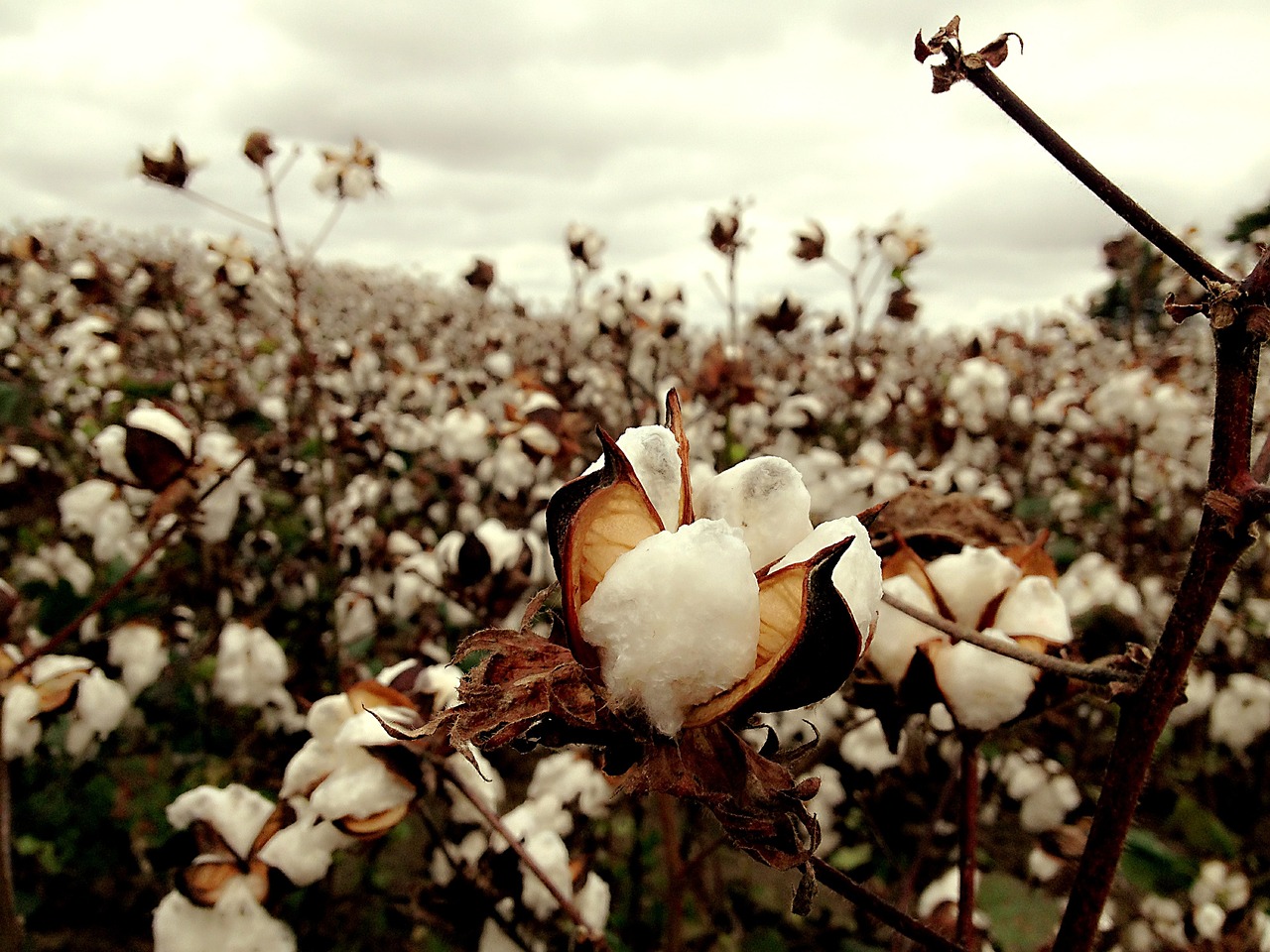The unseasonal rainfall has harmed the crops, therefore prices of basic necessities like wheat, jeera, chana, and various fruits and vegetables are anticipated to rise. Unseasonal rains are predicted to raise the costs of goods that are in limited supply and lower the returns for farmers in the case of perishable goods and areas where farmers have lost their crops. On Monday, wheat prices increased by 4% as a result of reports of significant rainfall in wheat-growing regions.
Wheat’s fresh harvest won’t arrive for 10 to 15 days, which will keep prices steady. Due to the extensive rainfall in regions that produce wheat, including Rajasthan, Madhya Pradesh, Gujarat, Bihar, Gujarat, and Maharashtra, wheat production is also anticipated to decrease by 3-4%. Prices of jeera, which were already at record highs, have increased by 6-7% during the last three to four days due to damage to Rajasthan’s harvest-ready crop.
The majority of the chana grown in the nation’s top chana-producing state of Madhya Pradesh will suffer damage, with around half of the crop still present in the fields. Heavy rain is predicted to significantly diminish the farmers’ available surplus, raising concerns about rural expenditures. Due to the harm that the rain will cause to the color, shine, size, and gluten content of wheat grains, wheat producers will now receive reduced pricing for their crops. Isabgol, a significant cash crop in Rajasthan that is primarily exported, has lost up to 50% of its value.
Due to crop damage caused by rain, grape prices have dropped by 30% to 40% in the past week. “90% of the harvest isabgol, which is particularly delicate, was still in the fields. We anticipate a 50% decrease in isabgol production “said Rajasthani spice business veteran Ashwin Nayak. Wheat, mustard, chana, as well as summer fruits including mangoes, watermelons, muskmelons, bananas, and vegetables, that were ready for harvest, have all been harmed by the recent heavy rains. Wheat producers will suffer the greatest damage because nearly the entire crop was in the fields waiting to be picked in a short amount of time.

